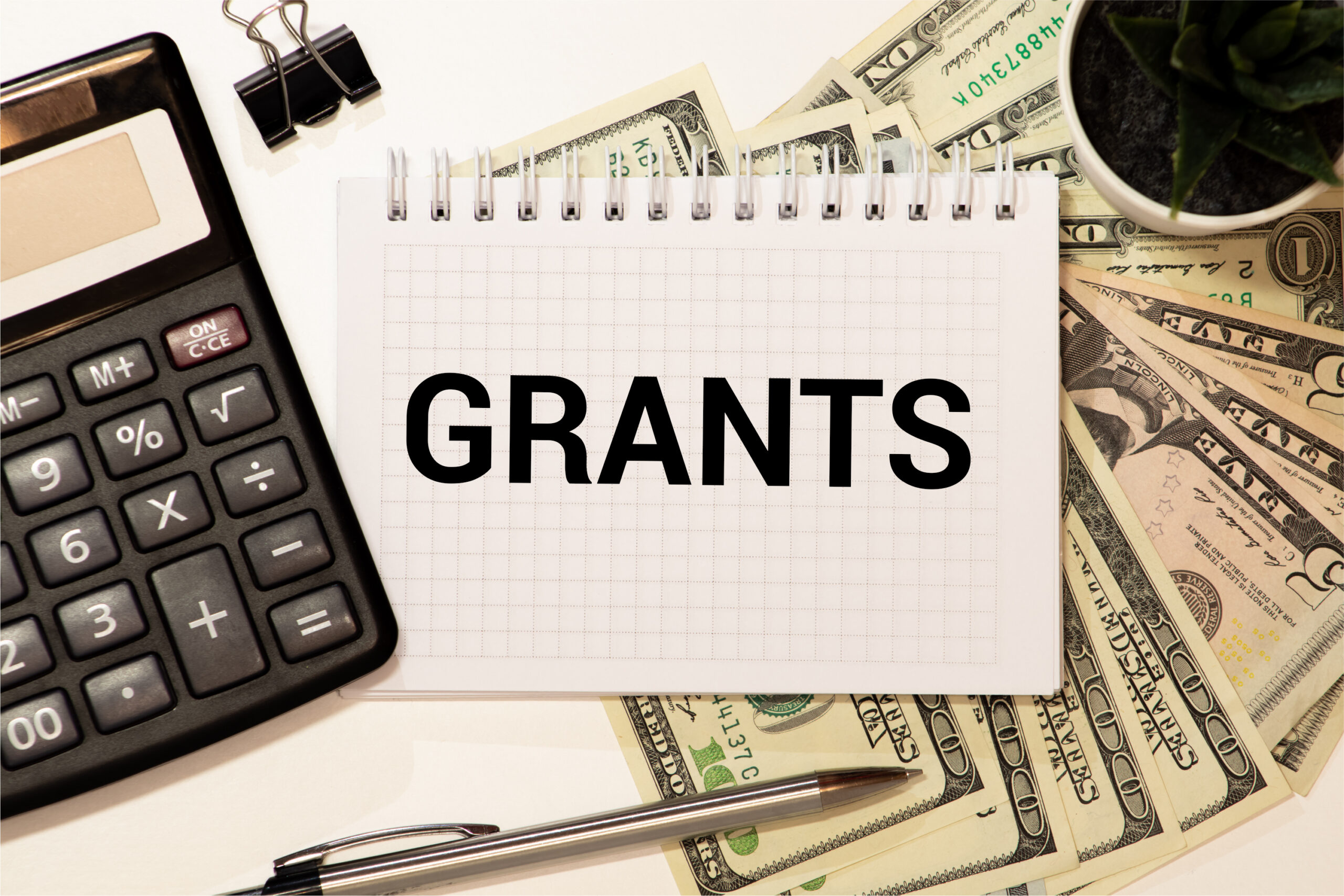I have always believed that finding the right grant can feel like a hidden treasure hunt. Grant research is not just for large organizations; even individuals, small businesses, and community projects can benefit from knowing how to find the right opportunities.
This post shows how I look for grant opportunities and makes the process clear and easy to follow. I hope you find these ideas useful in your own search.
Understanding the Value of Grants
Grants offer money that does not need to be paid back. That means if you get a grant, you can use the funds to support your project, research, or business idea without worrying about debt.
According to Grants.gov, more than $500 billion in federal grant money is awarded each year. This number shows how much is available if you know where and how to look.
Grants can help you start a new project, grow your current work, or even fund research that matters to your community. By learning how to search for grants, you can turn an overwhelming task into a manageable process. In this post, I share my own tips and tricks to make your search as efficient as possible.
Laying the Groundwork
Before you start looking for grants, it is important to be clear about what you need. Ask yourself these simple questions:
Just Before You Go
Empower individuals to overcome barriers, gain essential skills, and secure gainful employment through our proven programs—KeelMaster, KeelWings, and KeelMate. Your support can spark change and build brighter futures.
Donate Now- What is the purpose of my project?
- How much funding do I need?
- Who can benefit from this funding?
Answering these questions helps to focus your research. Once you have clear goals, you can tailor your search to fit your needs. I usually begin by writing down the project details and funding requirements. This helps me stay organized as I sift through various grant listings.
Using Trusted Online Resources
The internet is full of useful sites that list grant opportunities. Here are a few I rely on:
- Grants.gov: A central resource for federal grants. It has a search tool that lets you filter by category, agency, or funding amount. Visit Grants.gov to explore current opportunities.
- Candid (formerly Foundation Center): This site offers a database of foundation grants. It can help you find grants for community projects, education, and more. Check out Candid.org.
- Local Government and Community Websites: Many local governments and community foundations list grants available for local projects. A quick search with your city or county name plus “grant opportunities” can yield great results.
When browsing these websites, I pay attention to the grant guidelines, deadlines, and eligibility requirements. This saves time and ensures that I only apply for grants that fit my needs.
Creating a Simple Research Plan
An organized approach can make grant research less stressful. Here’s a simple plan I use:
- Identify Your Goals: Start with a clear idea of what you want to achieve with the grant.
- List Your Funding Sources: Write down the websites and local sources you will check.
- Set a Schedule: Dedicate specific times each week to search for grants. Consistency is key.
- Take Notes: Create a simple spreadsheet with columns for grant name, deadline, eligibility, and notes. This helps track each opportunity.
- Review and Follow-Up: After you apply, note any responses and feedback. Keeping track helps improve future applications.
This step-by-step approach not only organizes my search but also boosts my confidence during the application process.
Tips for Efficient Research
Here are some practical tips that have worked for me:
- Use Keywords: When searching online, use simple terms like “small business grant,” “community project funding,” or “research grant opportunities.” This can narrow down the results.
- Subscribe to Newsletters: Many grant organizations offer email updates. I subscribe to these newsletters to get the latest opportunities delivered directly to my inbox.
- Join Social Media Groups: Platforms like LinkedIn and Facebook have groups dedicated to grant research and funding opportunities. I often join these groups to share tips and learn from others’ experiences.
- Attend Webinars and Workshops: Many organizations host free online sessions about grant research and application tips. These events can provide valuable insights and answer questions you may have.
Using these strategies has helped me save time and avoid missing deadlines.
FAQs
What is the best website to find grants?
I have found that Grants.gov is an excellent resource for federal grants. For foundation grants, Candid.org works well. Local government websites can also be a great source of information.
How much time should I dedicate to grant research?
I usually spend a few hours each week on grant research. It depends on your schedule, but consistency can make a big difference.
Do I need to meet specific qualifications to apply for a grant?
Yes, most grants have specific eligibility criteria. It is important to read the guidelines carefully before applying.
Can I apply for multiple grants at the same time?
Absolutely. Many projects are funded by more than one grant. However, make sure that the grants do not have conflicting rules about receiving multiple sources of funding.
What should I do if my grant application is not successful?
Do not get discouraged. It is common to face rejections. Use any feedback you receive to improve your future applications and keep trying.
Further Resources
If you want to dive deeper into the topic, here are some useful resources:
- Grants.gov Learning Center: Offers tutorials and webinars on how to find and apply for federal grants. Visit the Learning Center
- Candid’s GrantSpace: Provides tools, sample documents, and tips for nonprofit grant seekers. Explore GrantSpace
- Local Small Business Administration (SBA) Office: Many local SBA offices have resources on grant opportunities for small businesses. Find your local SBA office
- Online Grant Writing Courses: Websites like Udemy or Coursera offer courses that can help you improve your grant writing skills.
Bringing It All Together
In this post, I have shared my personal approach to researching grant opportunities. I started by explaining why grants are valuable and then laid out a clear plan for how to approach the search.
I also mentioned some of my favourite online resources, shared useful tips, and answered common questions. My hope is that this guide helps you feel more confident and prepared when looking for grants.
The process might seem overwhelming at first, but breaking it down into small, manageable steps can really help. Over time, I have learned that staying organized and persistent makes a big difference. Grant research is a skill that improves with practice, and every bit of effort brings you closer to finding the right funding for your needs.
Finding a grant can open new doors and bring your ideas to life. By taking the time to plan, use trusted sources, and stay organized, you can make the search a smoother experience. I encourage you to start small and gradually build your process as you learn more about the options available.
Before I wrap up, I invite you to think about your own experience with grant research. What is one challenge you have faced while searching for grant opportunities?
Just Before You Go
Empower individuals to overcome barriers, gain essential skills, and secure gainful employment through our proven programs—KeelMaster, KeelWings, and KeelMate. Your support can spark change and build brighter futures.
Donate Now



